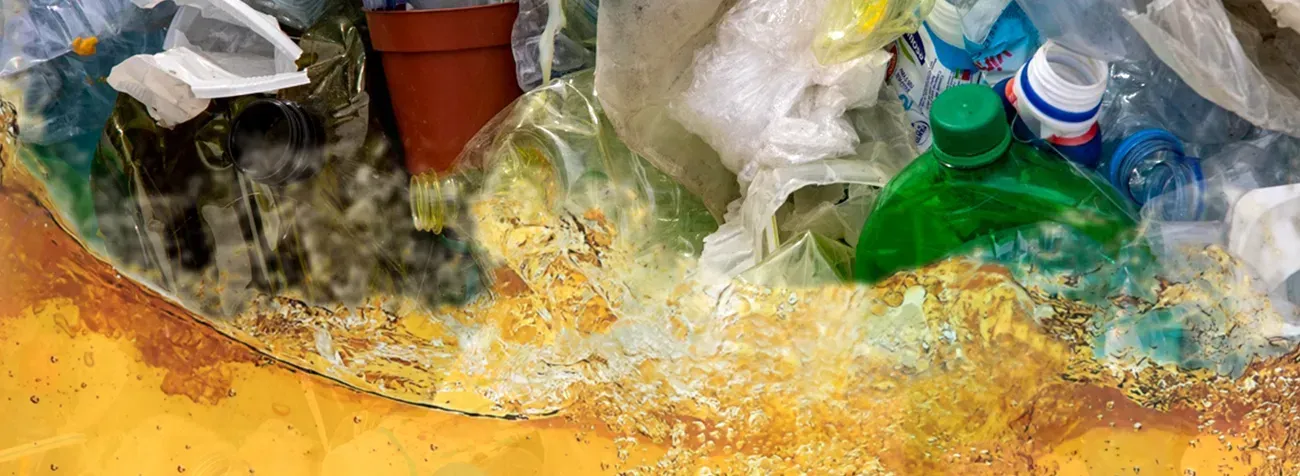Optimizing Staffing for Plastics to Fuel Machine
This is a subtitle for your new post
Efficient staffing is a critical factor in the successful operation of plastics to fuel machines. While the technology behind these systems is advanced, the personnel who manage and maintain the equipment play an equally vital role in ensuring consistent production, minimizing downtime, and maintaining safety standards. Optimizing staffing involves a balanced approach to recruitment, training, and task allocation.
Understanding Operational Demands
A plastic to fuel machine operates through a complex process of pyrolysis, where plastics are thermally decomposed in the absence of oxygen to produce valuable fuel products such as oil and gas. The process requires continuous monitoring and control of various variables, including temperature, pressure, and feedstock consistency. As a result, staffing needs to account for these demands by ensuring skilled personnel are available during critical stages of the operation.
Operators must be well-versed in machine functions, troubleshooting methods, and safety protocols. Additionally, due to the cyclical nature of pyrolysis, operators are often required to manage several tasks simultaneously, such as overseeing the loading and unloading of materials, monitoring the pyrolysis process, and ensuring proper ventilation and emissions control.

Key Staffing Roles
1. Machine Operators
Machine operators are at the core of the plastic pyrolysis plant operation. They must ensure that the pyrolysis process runs smoothly from start to finish. Their responsibilities include:
- Loading Feedstock: Proper feedstock loading ensures consistent quality in the output. Operators need to monitor the type and size of plastics being processed to avoid feedstock contamination.
- Adjusting Parameters: The temperature and pressure in the pyrolysis reactor need to be adjusted to meet optimal production conditions. Operators must respond to fluctuations in these parameters to maintain system stability.
- Monitoring Outputs: Operators track the output of liquid fuel and gas to ensure product quality and yield. They also need to assess the byproducts, such as char, to ensure that these are processed properly or disposed of safely.
2. Maintenance Technicians
Regular maintenance is essential for ensuring the long-term viability of the machine. Maintenance technicians are responsible for keeping the plastics to fuel machine in optimal working condition. Their duties include:
- Routine Inspections: Technicians conduct regular checks on the machinery to identify any wear and tear or potential mechanical failures. Preventive maintenance helps avoid unplanned downtime.
- Component Replacement: Parts such as seals, gaskets, and filters are subject to wear and need to be replaced periodically. Technicians ensure that all parts are functioning properly to prevent any operational disruptions.
- Troubleshooting: In case of any mechanical failures or malfunctions, maintenance personnel are responsible for diagnosing the problem and performing repairs.
3. Safety Officers
Given the hazardous nature of the plastics to fuel process, safety is of paramount importance. Safety officers are essential for ensuring that all safety protocols are followed. Their responsibilities include:
- Safety Training: Safety officers must ensure that all staff members are trained in safety procedures and emergency responses. This includes handling hazardous materials, responding to gas leaks, and using protective equipment.
- Monitoring Compliance: They are responsible for monitoring compliance with local environmental regulations and industry standards. This includes ensuring that the plant meets emissions requirements and that waste disposal is done properly.
- Emergency Response: Safety officers are the first responders in the event of an emergency, such as a fire, chemical leak, or mechanical failure. Their preparedness can mitigate risk and reduce damage.
4. Supervisors and Plant Managers
Supervisors and plant managers oversee the entire operation. They coordinate between machine operators, maintenance teams, and safety officers to ensure smooth plant operation. Their duties include:
- Staff Coordination: Supervisors allocate tasks, ensure the appropriate number of staff is available for each shift, and monitor overall productivity.
- Performance Monitoring: Managers assess the performance of the plant and implement measures to optimize output and reduce waste. They are also responsible for ensuring that all personnel adhere to operational guidelines.
- Resource Management: Supervisors ensure that there is adequate raw material (plastics) for the machine and manage inventory to prevent shortages that could disrupt the process.
Optimizing Staffing Through Training and Automation
Training programs are critical to the success of the plastics to fuel operation. As technology evolves, it is important that staff are kept up to date with the latest developments in machine operation, maintenance, and safety protocols. Ongoing training helps improve efficiency and reduce human error, leading to better output and fewer accidents.
Automation also plays a significant role in optimizing staffing. Although machine operators remain essential, automation tools can reduce the labor intensity of the process by automating functions like feedstock loading, temperature regulation, and fuel separation. This allows for a more streamlined operation, reducing the need for constant oversight and enabling workers to focus on more complex tasks.
